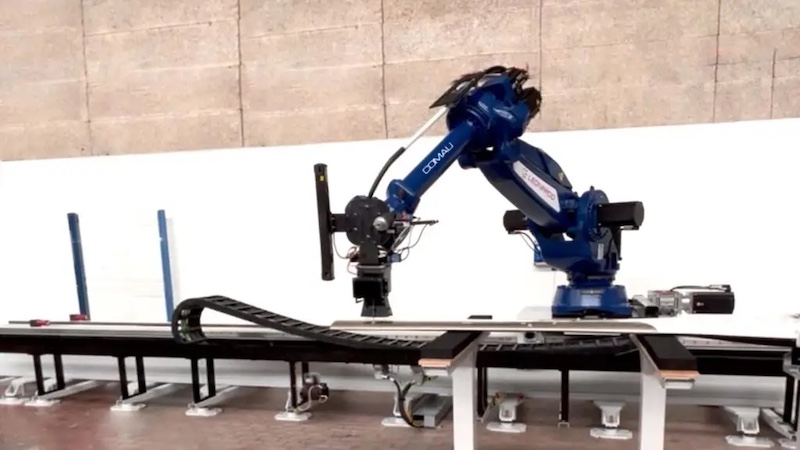A recent survey indicates that employees in corporate America value loyalty from their employers more than monetary compensation. The poll, conducted by Business Insider’s Dan DeFrancesco, revealed that nearly two-thirds of respondents preferred a loyal employer over one that offers a higher salary. This finding challenges the prevailing notion that financial incentives are the primary motivators for job satisfaction.
DeFrancesco’s poll followed an article by chief correspondent Aki Ito, who advocated for a return to workplace loyalty. Ito argued that when companies prioritize care, respect, and honesty, employees are likely to reciprocate with loyalty. Despite a culture perceived as increasingly mercenary, many workers still yearn for a supportive employer.
The survey attracted responses from 170 individuals, with a significant portion expressing a desire for loyalty over higher pay. DeFrancesco noted that the results could reflect an aspirational mindset, as respondents may have aligned themselves with the ideal of loyalty, despite the reality of needing financial security. Alternatively, it may indicate a growing concern over job security amid ongoing layoffs and hiring freezes in many sectors.
One respondent, Paul, a software engineer at a family-run company, exemplifies this sentiment. Despite being offered a position at a larger firm with a potential salary increase of $25,000, he ultimately chose to remain with his current employer. After experiencing a lack of communication during the interview process, he realized the value of the respectful environment he enjoyed at his present job. “I had given so much and I didn’t even get a response,” he reflected. “That really stung.”
The desire for a workplace characterized by mutual respect is echoed by others in various professions. A lawyer in her early 40s shared her aspiration for recognition beyond her job, emphasizing the importance of being treated as a whole person, not just an employee.
Interestingly, the notion of loyalty is not limited to employees. Several leaders, such as Ronnie Thornley, a former senior manager in the telecom industry, voiced similar beliefs. Thornley advised his teams against expecting loyalty from the company but practiced it himself by prioritizing the well-being of his employees. He would encourage staff to attend to personal matters, understanding that stable personal lives contribute to productivity at work.
Another voice in this discussion is Benji Steely-Boehlke, who, after experiencing corporate layoffs, opted to start his own business. He intends to foster a different work culture by investing in employee engagement and nurturing deeper relationships among staff. Steely-Boehlke criticized the current corporate landscape as excessively focused on profit, stating, “Corporate life has shifted and has just become greedy.”
The academic perspective comes from Anthony Klotz, a professor of organizational behavior at University College London. He recently introduced a course called “Sustainable Work Design,” which encourages students to create jobs that balance employer needs with employee well-being. Klotz expressed optimism about the willingness of his 65 Gen Z students to embrace this challenge, highlighting the potential for a more humane approach to work.
Ito’s exploration of workplace loyalty underscores a crucial shift in employee expectations. The survey results and personal accounts reflect a growing desire for environments where individuals feel valued beyond their productivity. As a former economics reporter, Ito noted a change in perspective; work is not merely a transactional exchange but an emotional experience that encompasses various aspects of life.
The prevailing sentiment among respondents suggests that loyalty is not a luxury but a fundamental component of job satisfaction. As the corporate landscape evolves, the challenge for employers will be to recognize this shift and adapt accordingly. Employees are not merely looking for financial rewards; they seek a deeper connection to their work and their employers.
In light of these insights, the future of workplace culture may hinge on fostering environments of mutual respect and loyalty. As Ito concludes, the choice to create better workplaces is within reach, and the next generation of leaders may play a pivotal role in shaping that future.
For further discussion on this topic, readers are encouraged to reach out to Aki Ito at [email protected].






